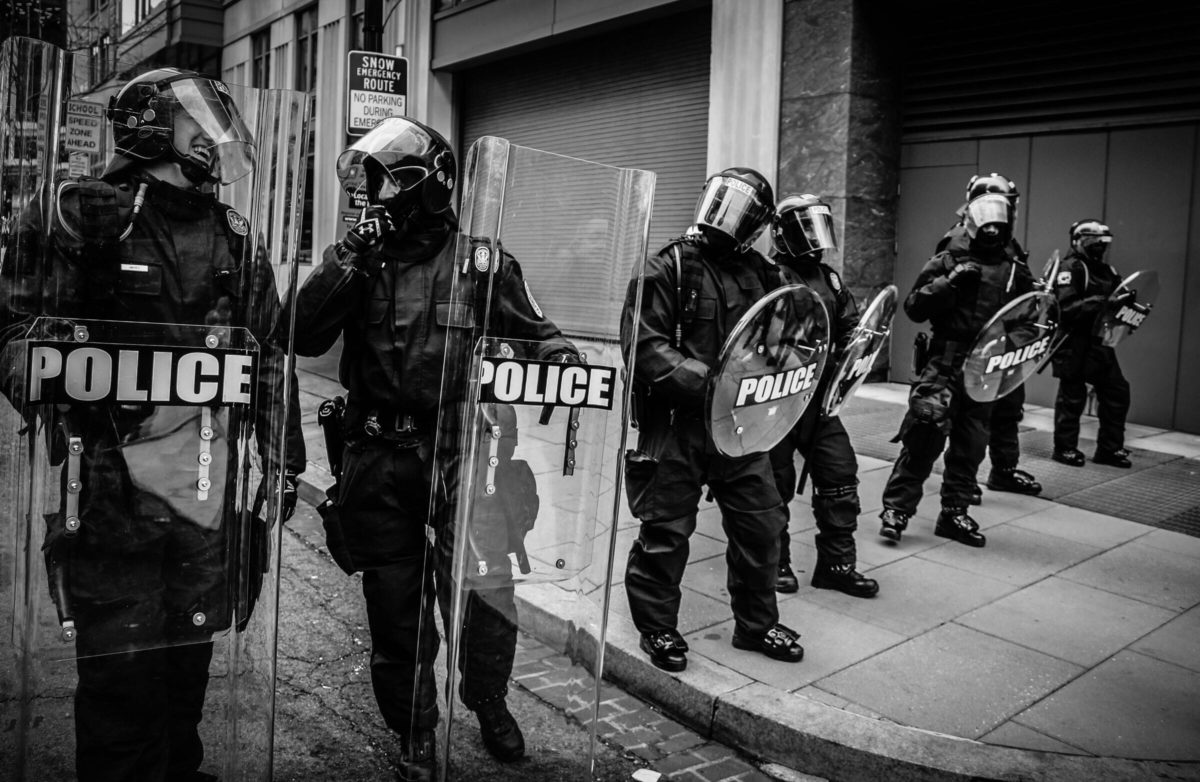
The New Law Enforcement Spending Spree Is Already Underway
Billions of dollars of federal COVID relief aid are flowing to police, prisons, and jails in jurisdictions across the nation.

Billions of dollars of federal COVID relief aid are flowing to police, prisons, and jails in jurisdictions across the nation.
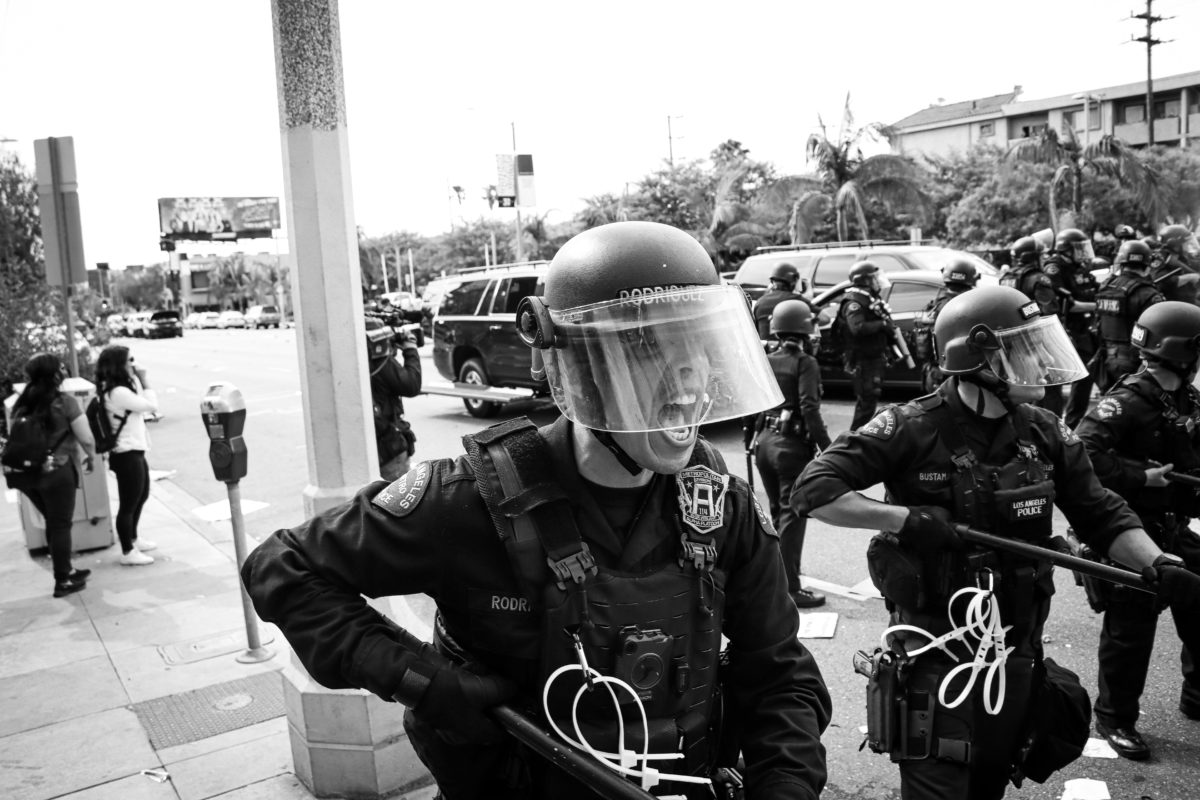
Less than two years after racial justice protests sparked calls to “defund the police,” states and jurisdictions are using pandemic aid to pad already bloated law enforcement budgets.
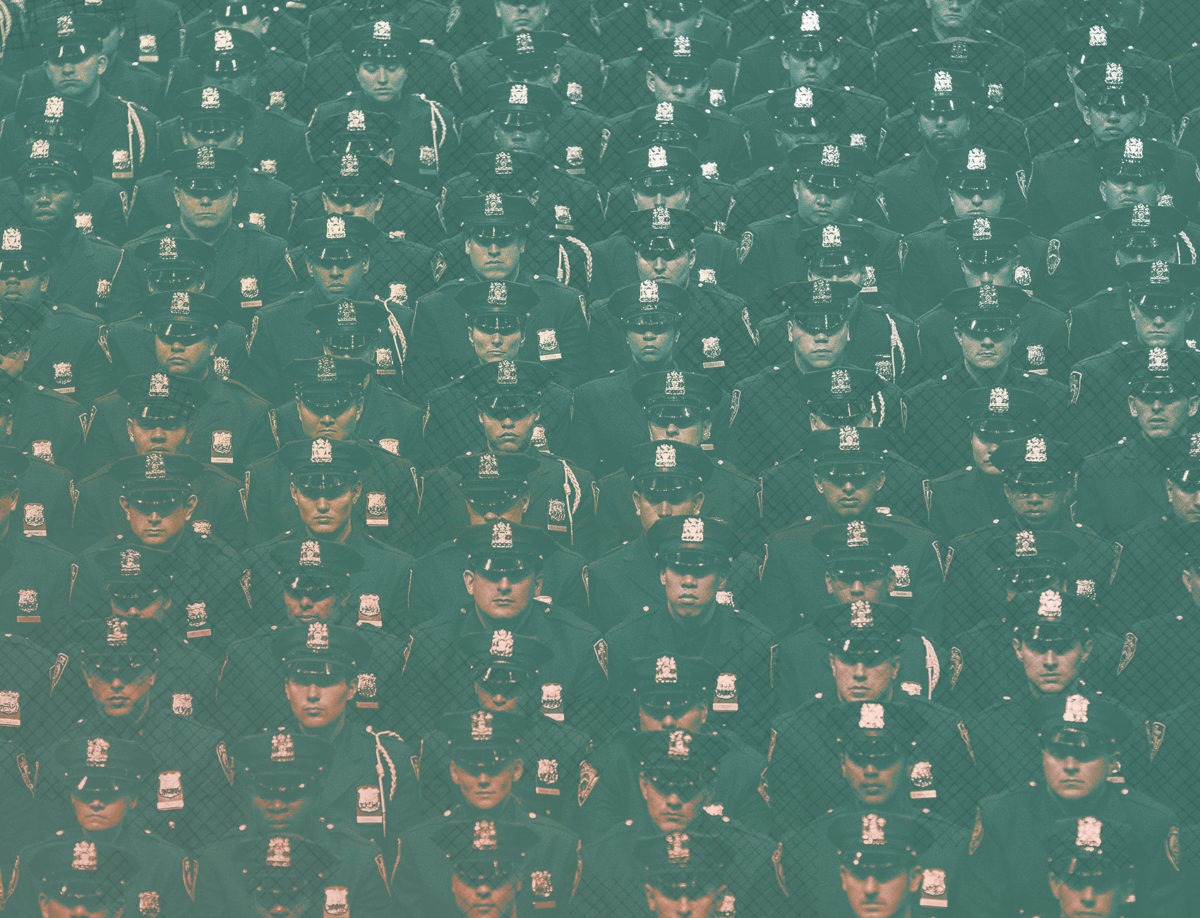
As the country reassesses its relationship with law enforcement, Ithaca, New York; Berkeley and Oakland, California; and Austin, Texas, are defunding, replacing, or reducing the scope of their police departments.
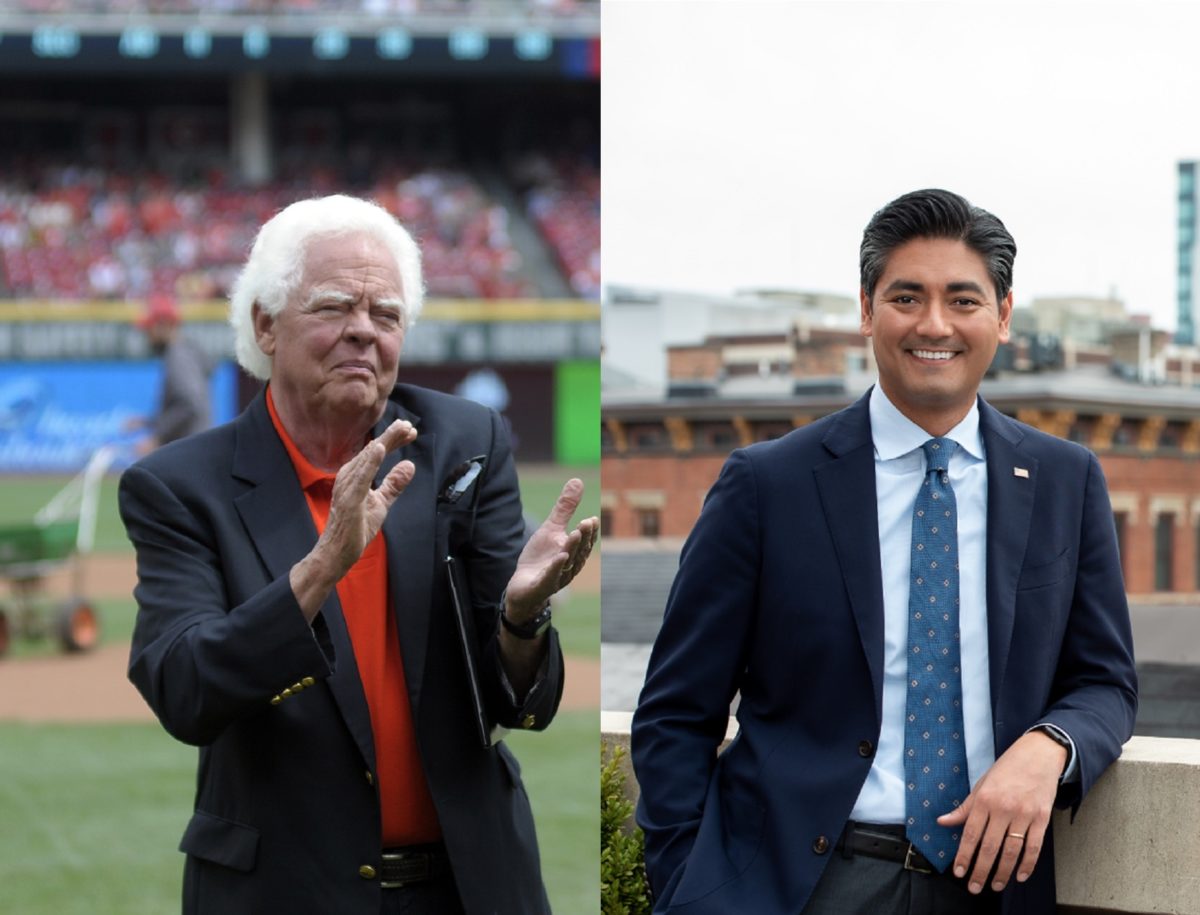
The candidates—who didn’t support an affordable housing investment that was rejected by voters today—now advance to the November ballot.
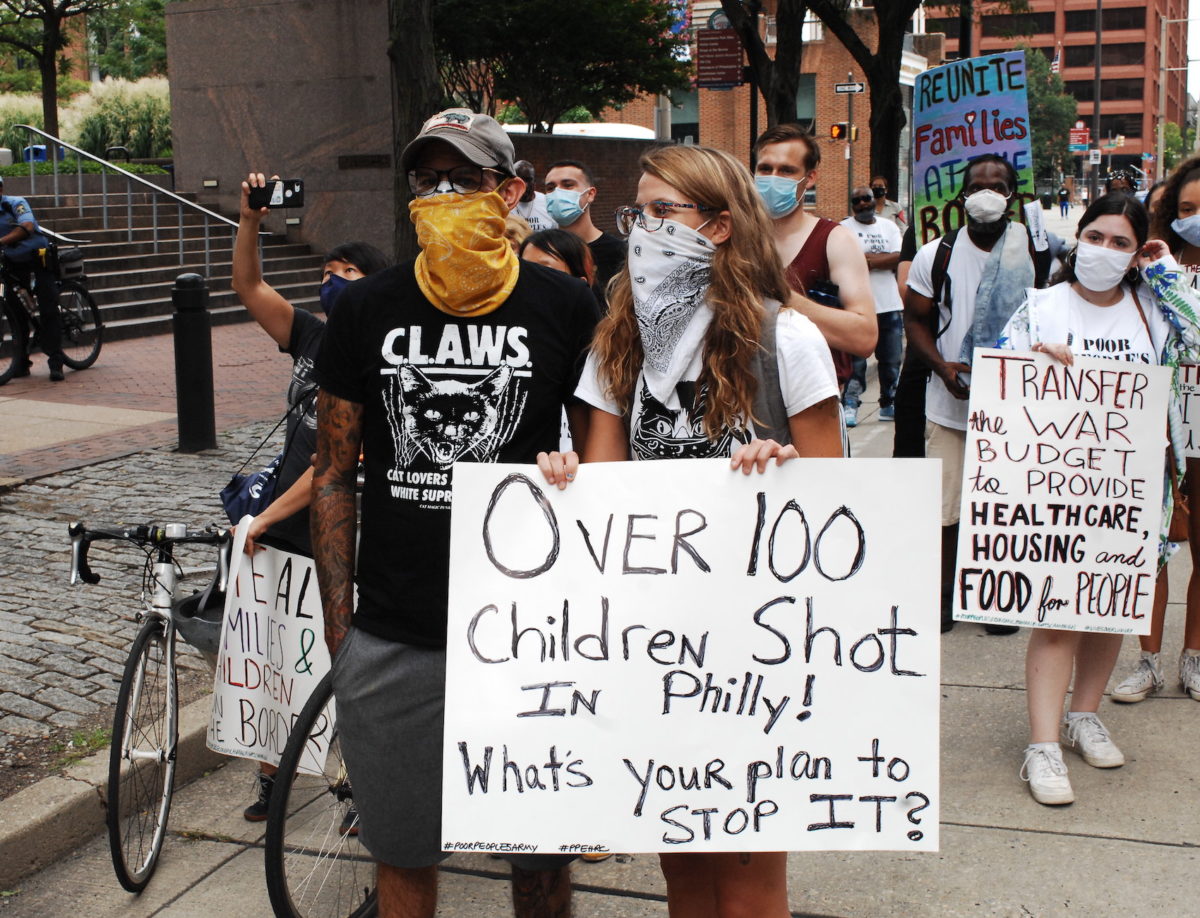
This budget season, Philadelphia must hold our law enforcement accountable for their failures by redirecting resources to strategies that can help us.
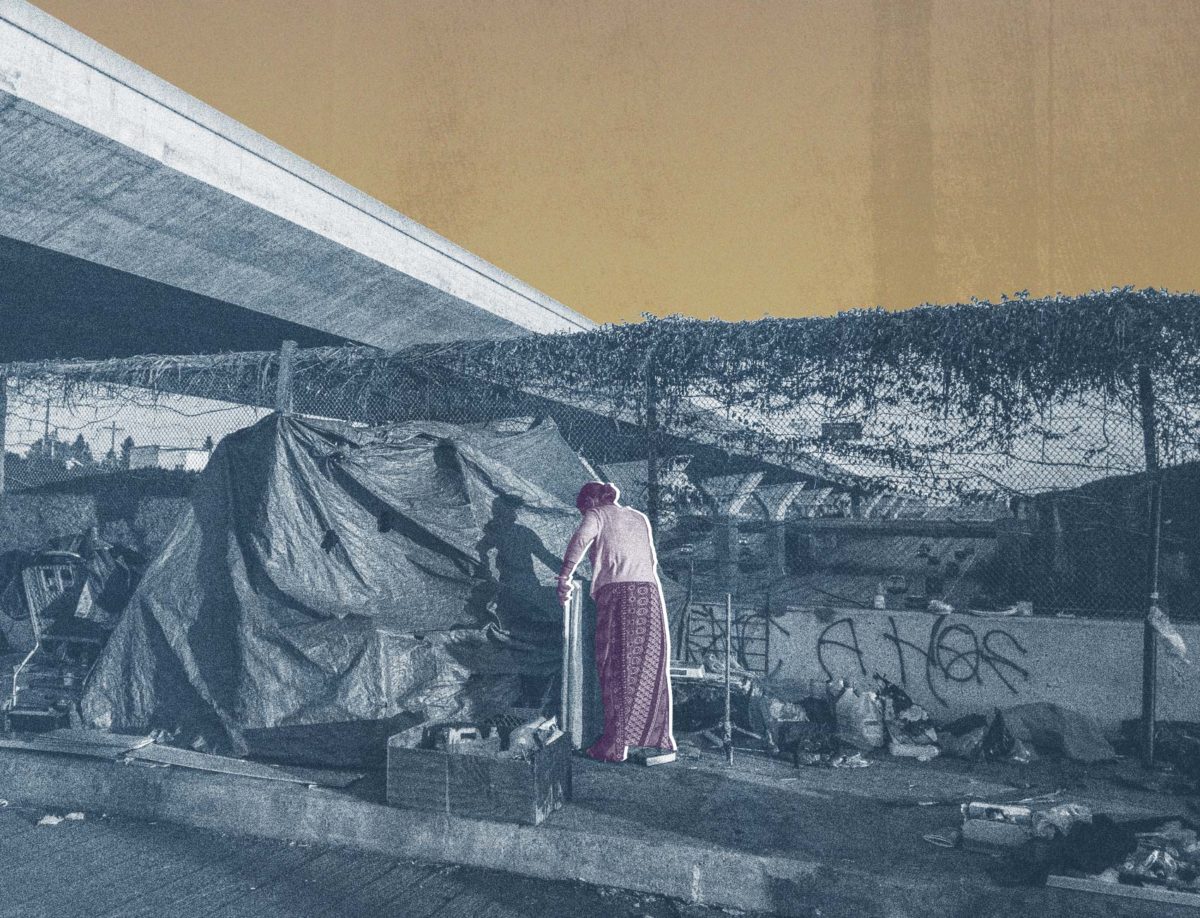
The City Council will decide whether to buy two hotels and use funds diverted from its police budget to set up wraparound services for the homeless people who will live there.

Because traffic stops all too often escalate into deadly incidents, calls have grown to disentangle traffic enforcement from police—and a measure to do so has already passed in Berkeley, California.
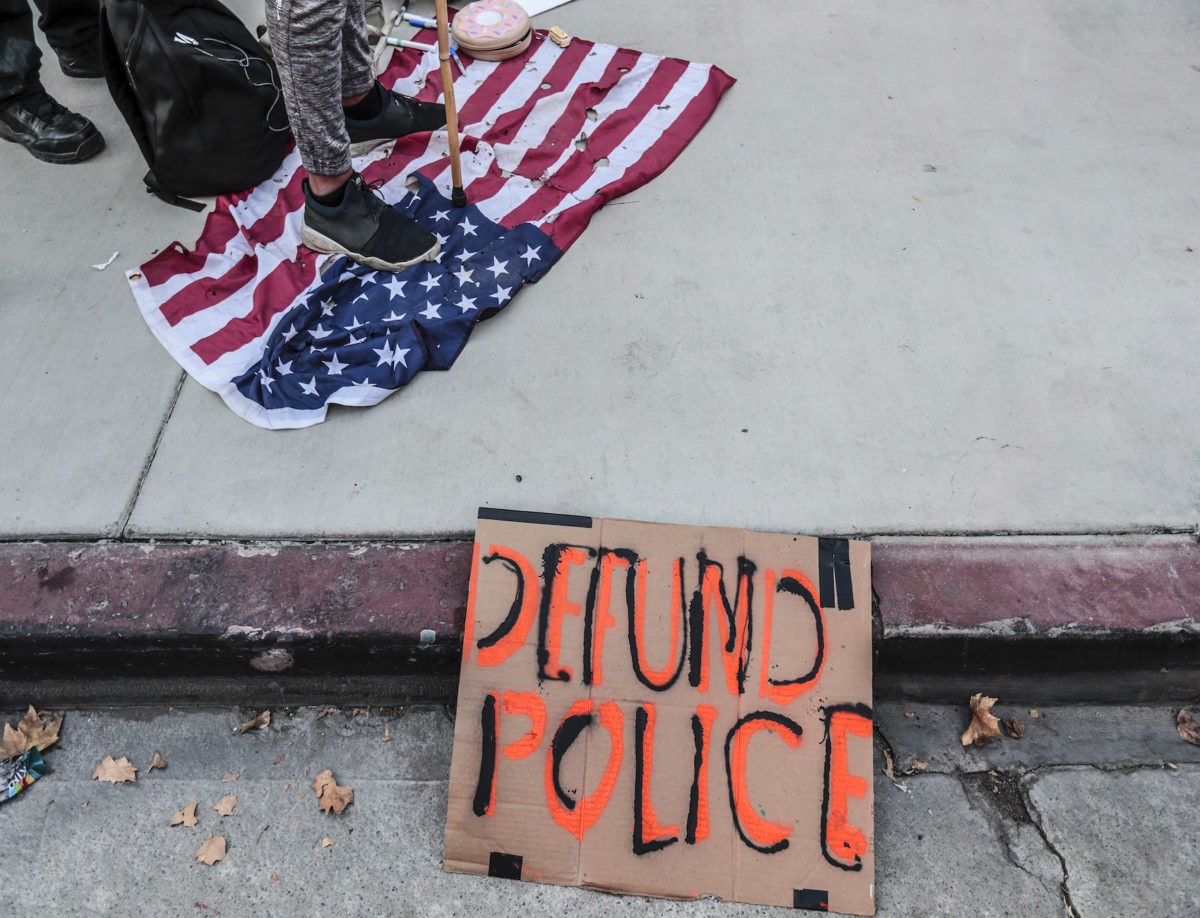
From San Francisco to Philadelphia, cities across the country are creating fully unarmed response teams to address emergencies that used to call for cops.
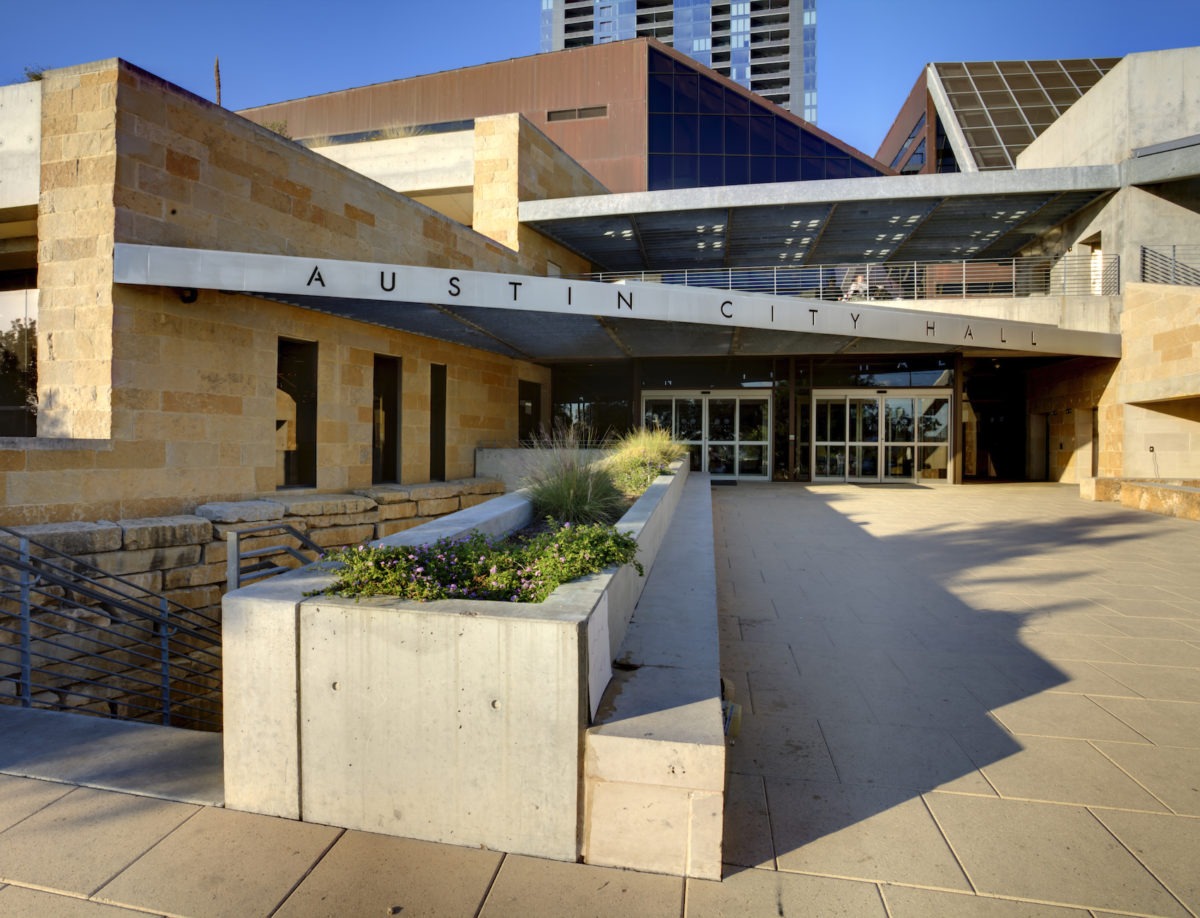
Incumbents Jimmy Flannigan and Alison Alter have been targeted by conservative challengers because of the council’s votes to cut police funding and repeal a ban on public camping.
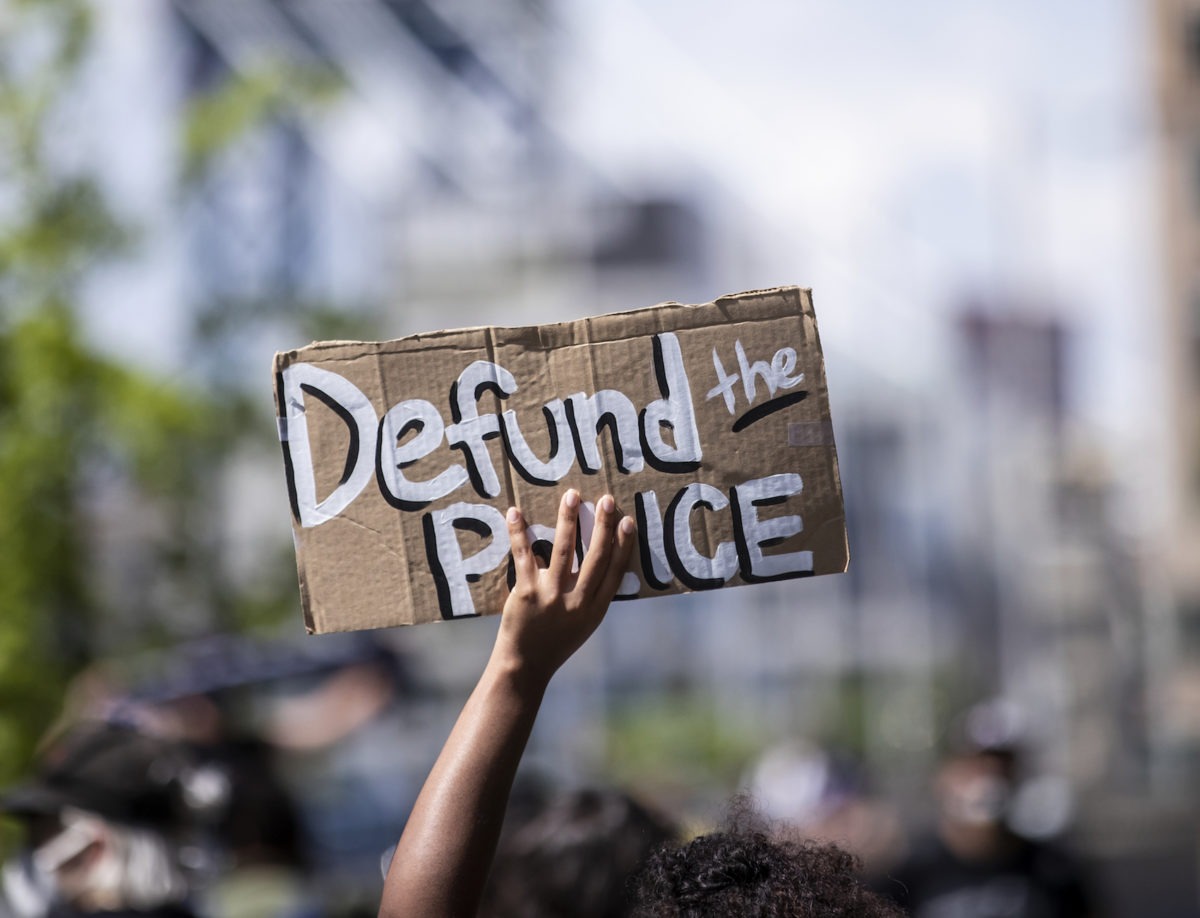
None of the Austin City Council members who voted to cut police funding lost their elections, but a police union vice president who fearmongered about the defund movement did.

If he wins his bid to represent the state’s Sixth District, Hoadley says he would reallocate police funding, improve health care, and invest in rural communities.
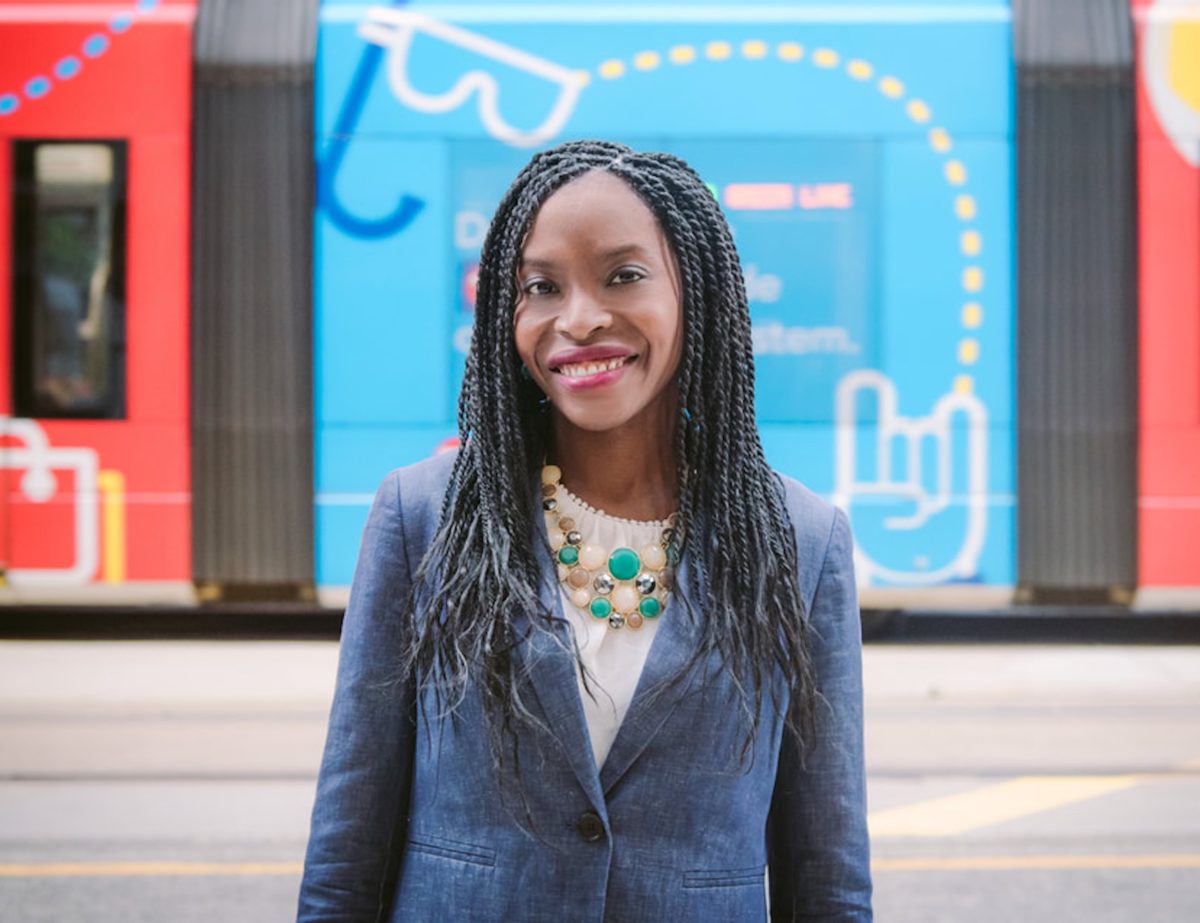
If she wins at the ballot box in November, Agbaje would become the state’s first Nigerian American state legislator.
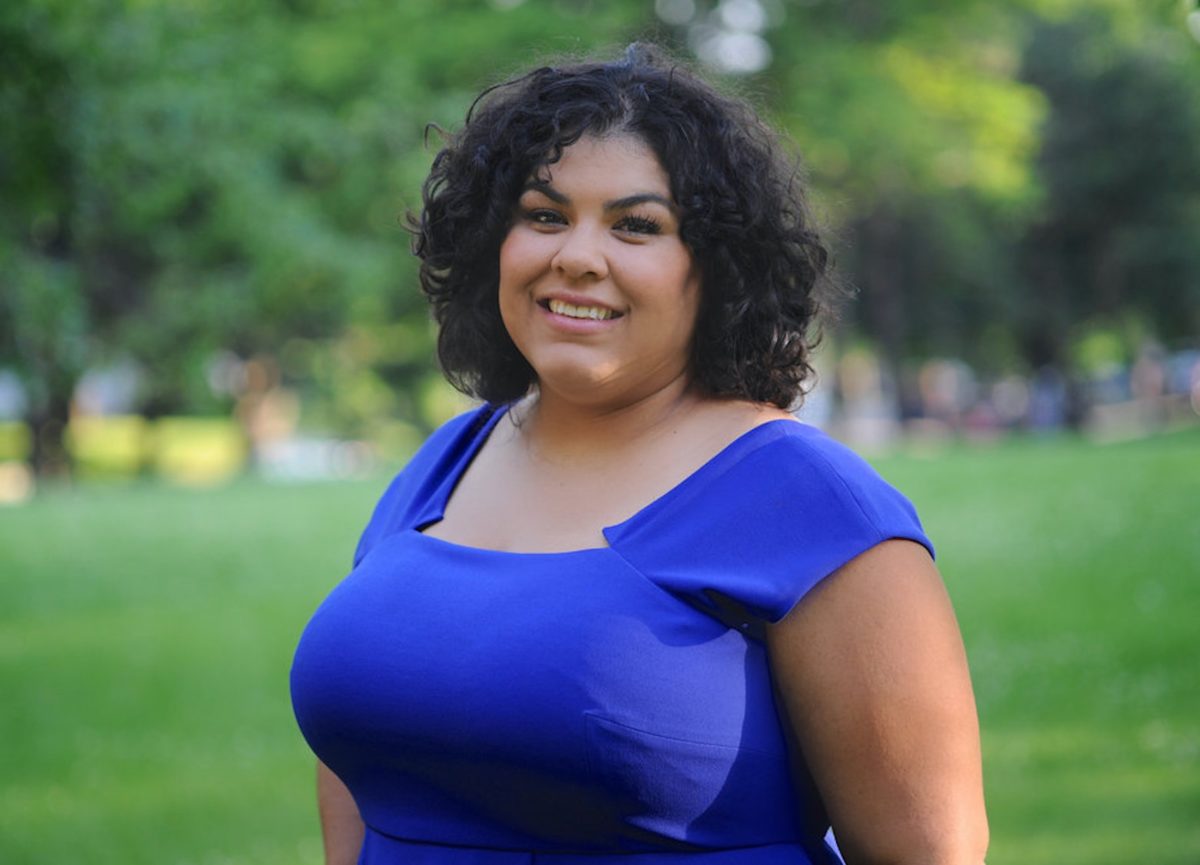
When it comes to public safety, Hollins doesn’t want to stop with reallocating police funding. She’d like her state to track both proven and alleged instances of police misconduct.
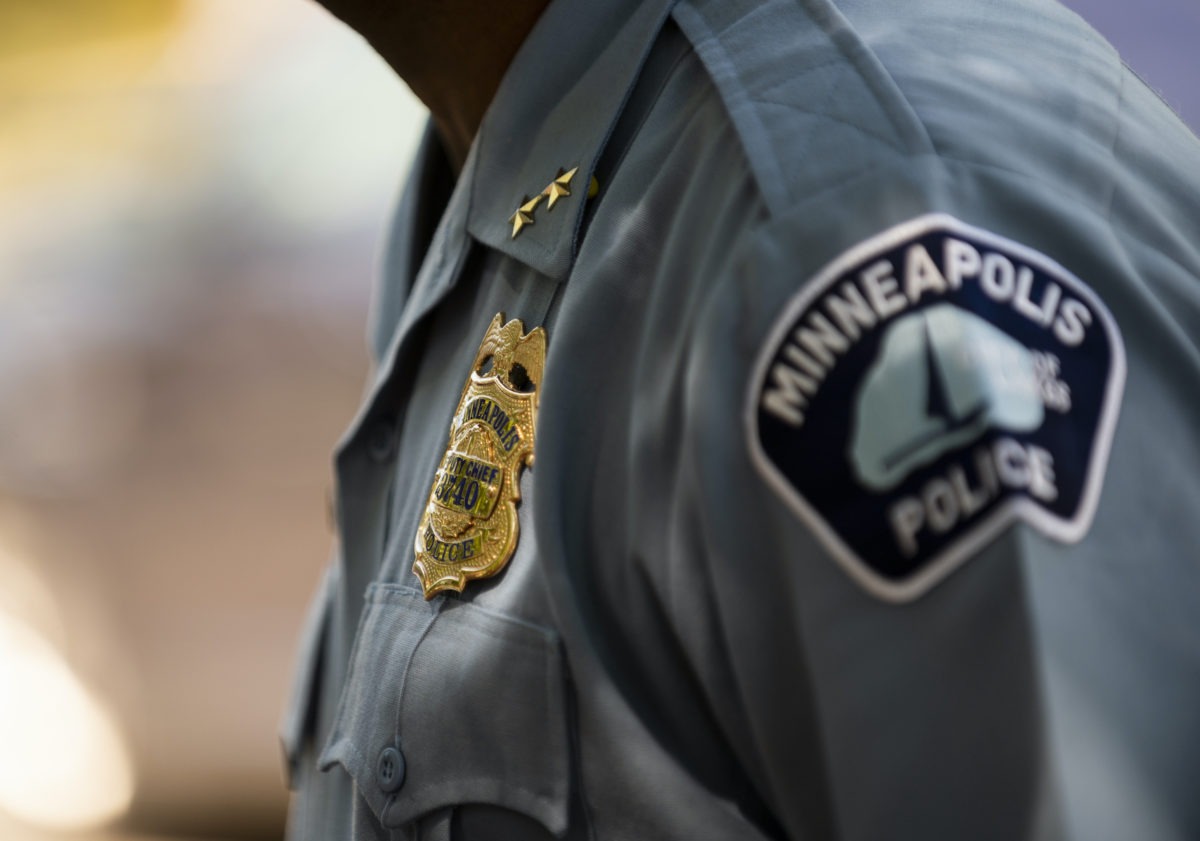
Contrary to reports, most City Council members—who ran and won by pledging to advance racial equity—tried to do the right thing, but were stalled by a charter commission that overstepped its authority.
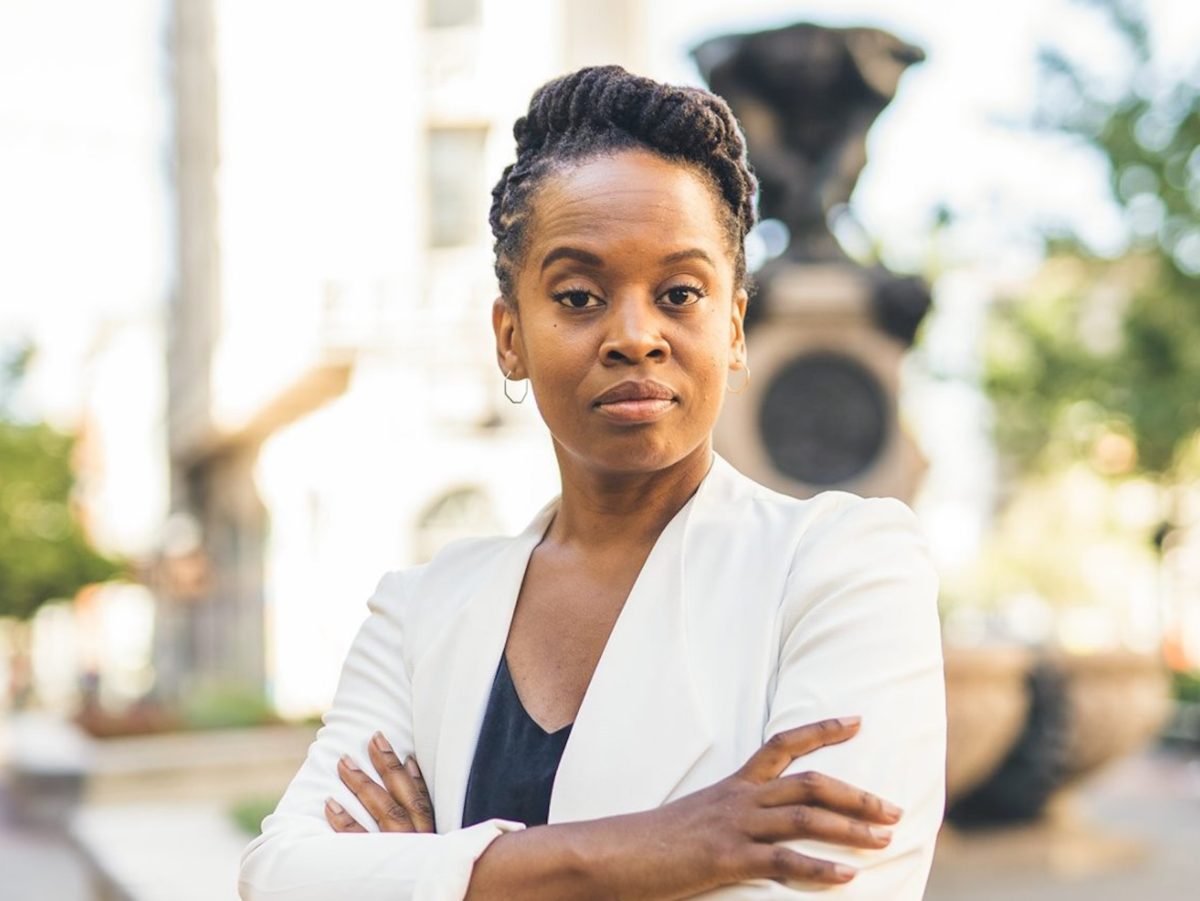
In her run for City Council, Fife pushes back on the institutional barriers to Black people that come from a history of oppression.
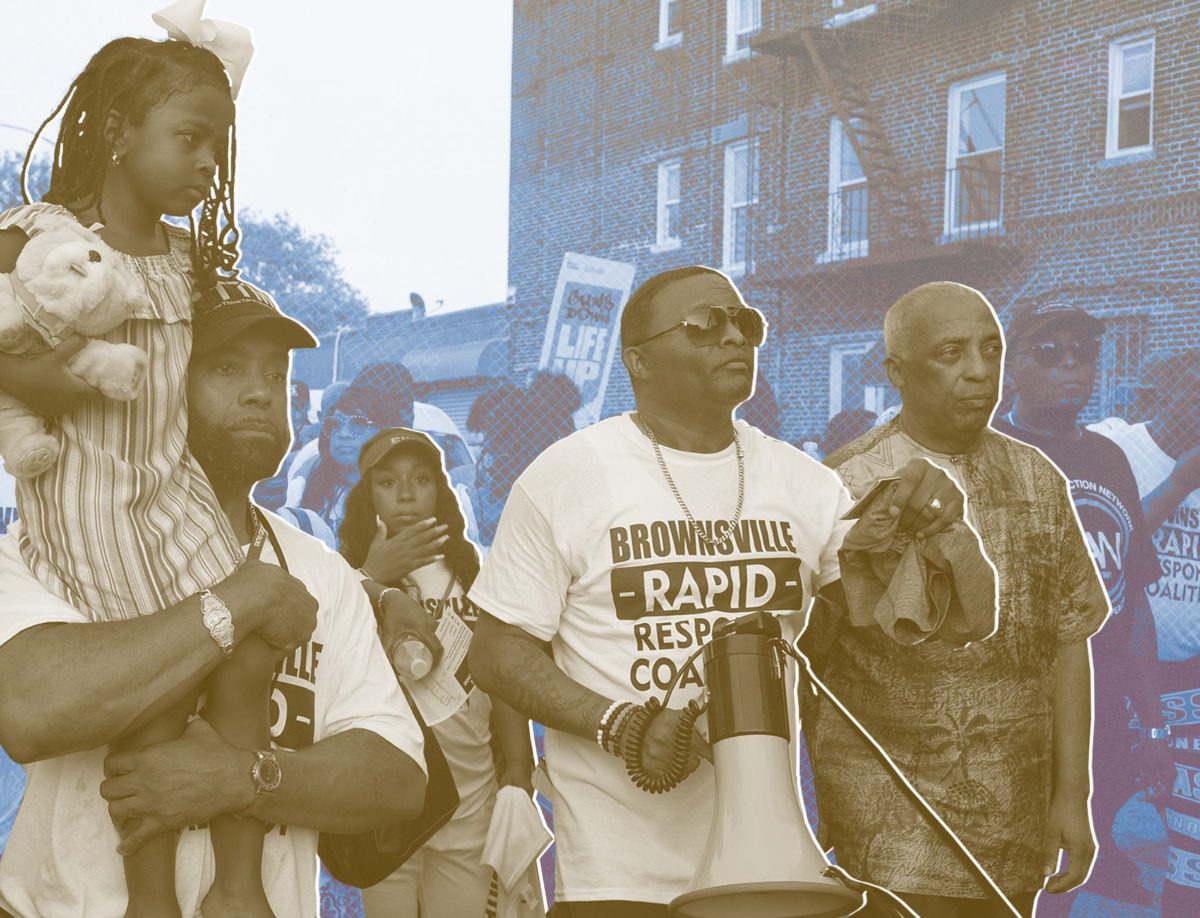
Although there’s a diversity of views about law enforcement in Brownsville, Brooklyn, there’s widespread agreement that the community is still fighting to obtain all the resources it needs to thrive and police itself.
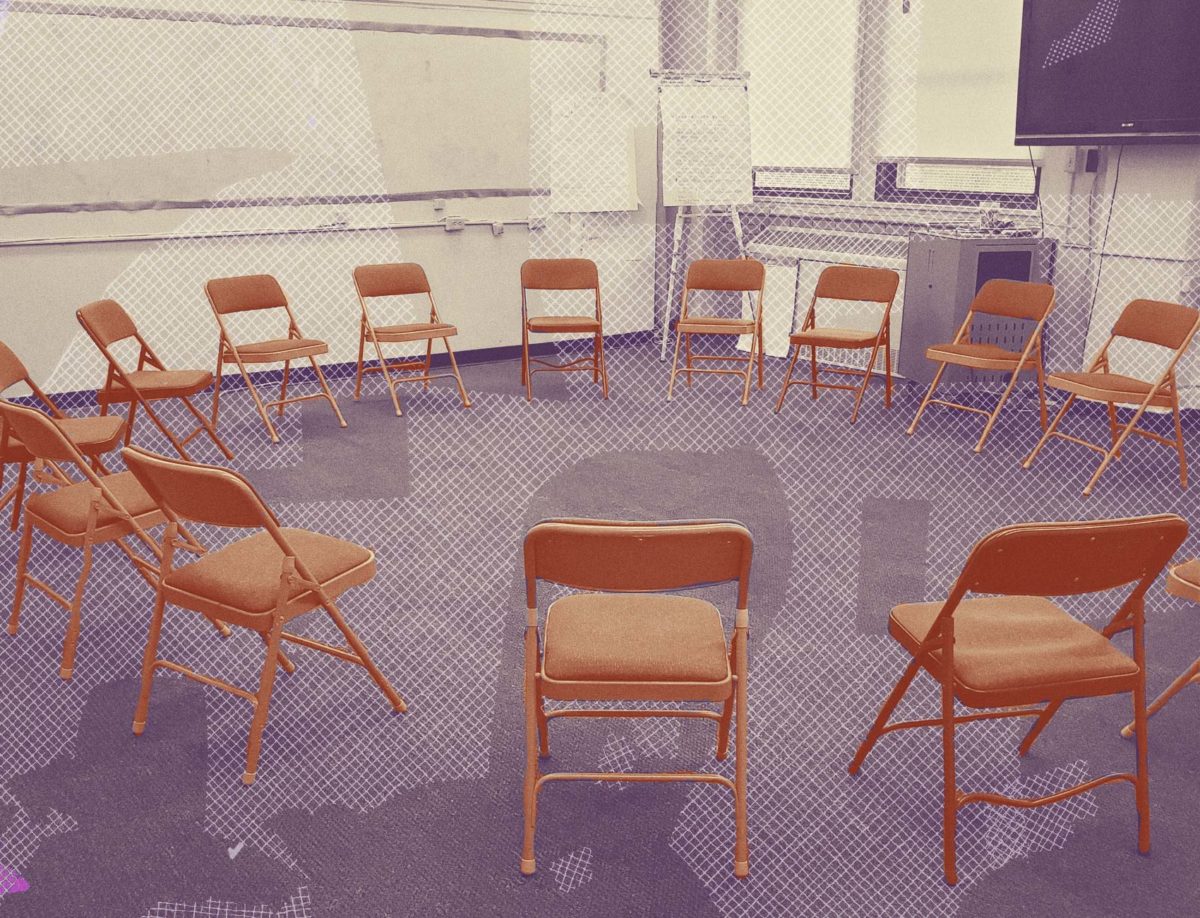
Rates of reporting domestic violence are low in immigrant communities, where survivors of abuse often don’t want to involve the police. As an alternative, the de Blasio administration promised to fund community-based domestic violence programming—but those funds were delayed, and advocates fear programs with strong community ties may not meet the city’s requirements.

The City Council passed a budget that cut nearly $150 million from the Austin Police Department. Millions will be reinvested in services like violence prevention and supportive housing.

The City Council will pass a budget this week that could cut nearly $150 million in funding from the Austin Police Department. The proposal appears to have majority support.
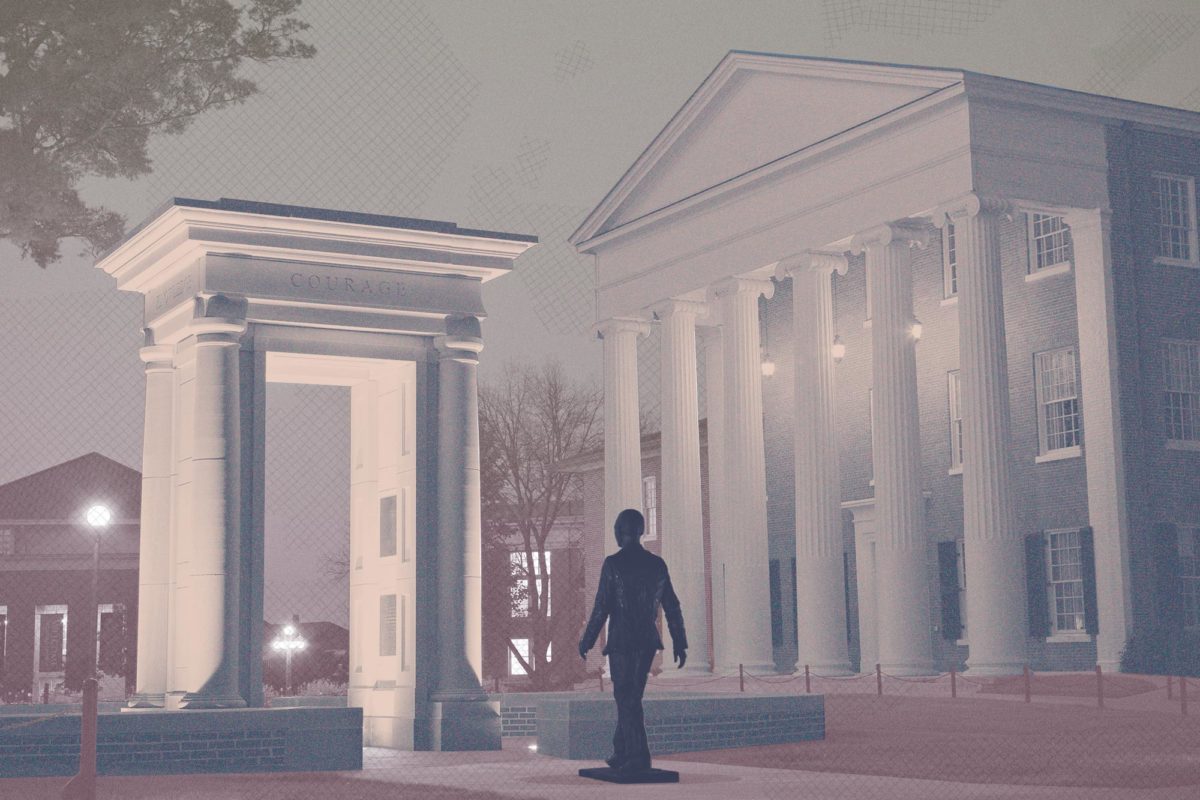
From crackdowns on Black students decades ago to more recent arrests during protests against neo-Confederates, the department has served as a tool for enforcing white supremacy.
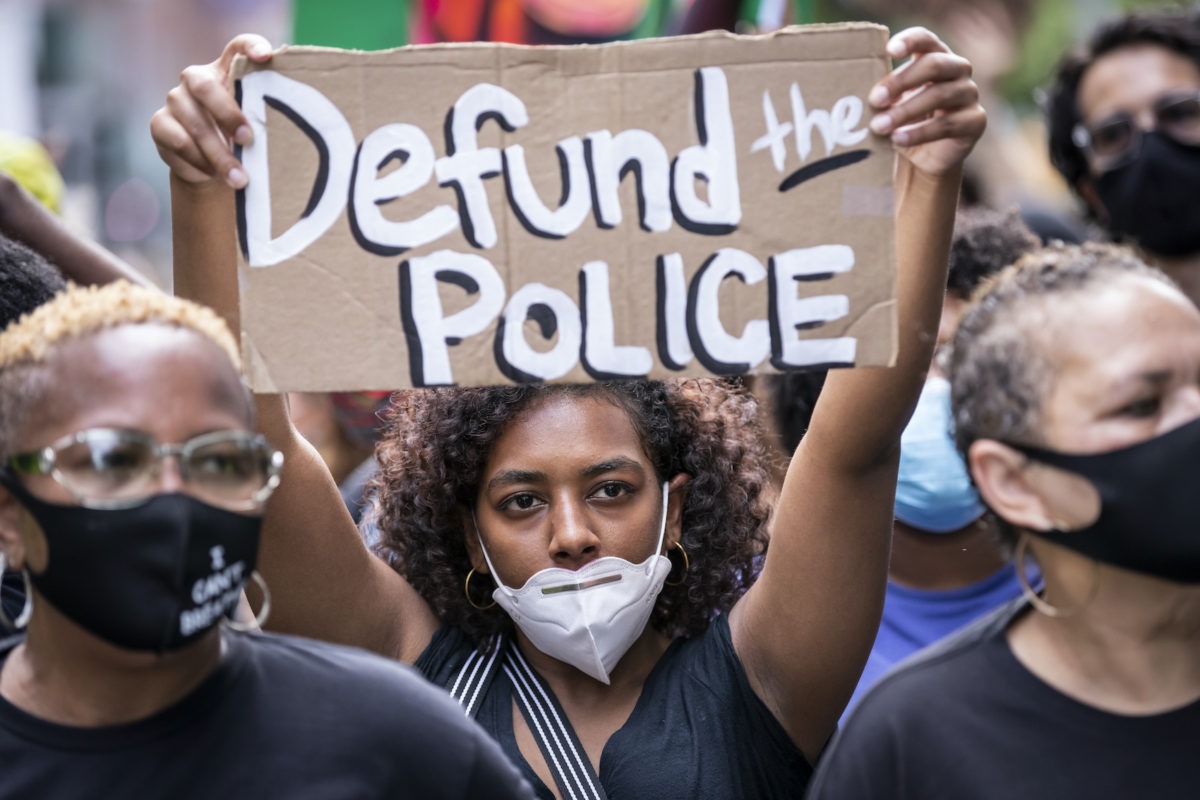
Protesters and activists have categorically changed the national conversation about public safety. Now they have to figure out how to change public policy.
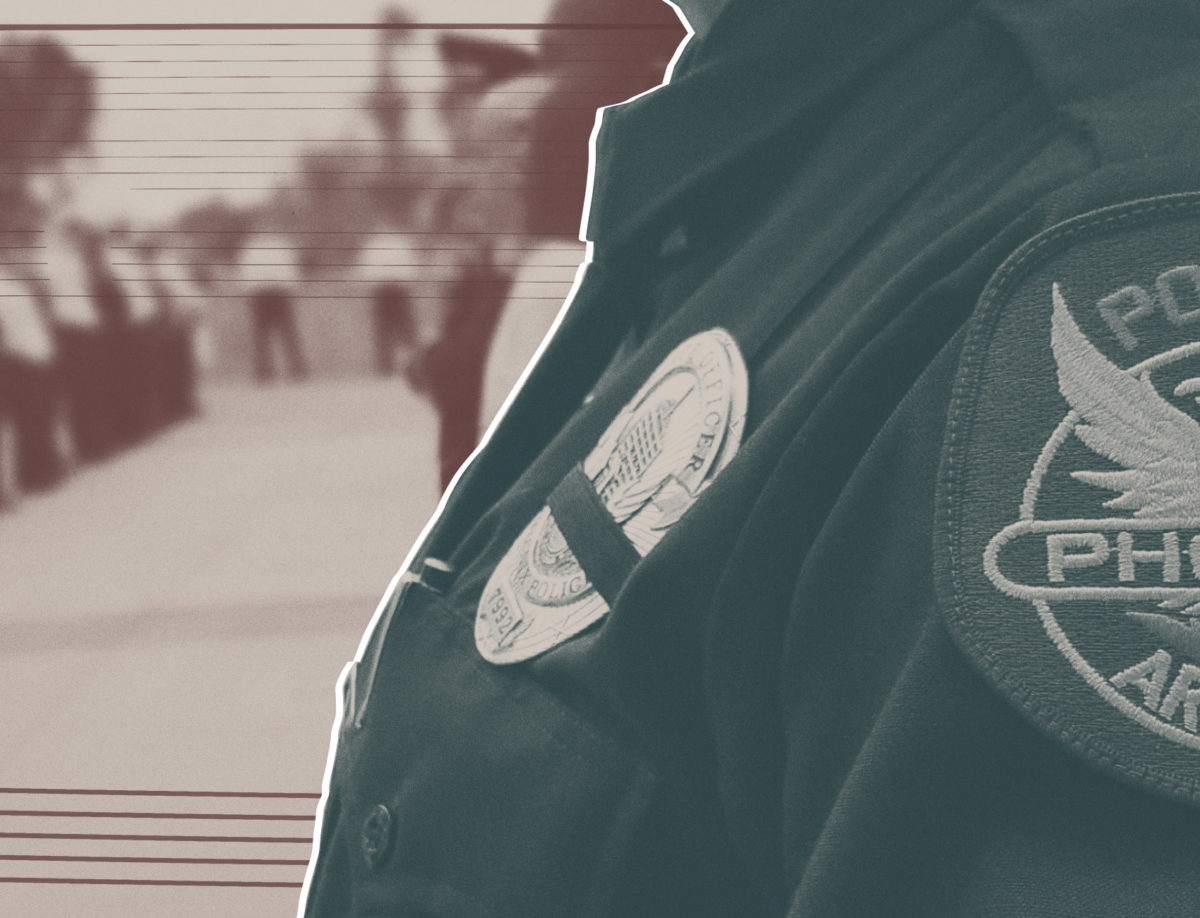
The city wants to give the force an additional $24 million. But the department is still failing to solve crimes, and officers have shot 212 people between 2011 and 2018, killing about half.
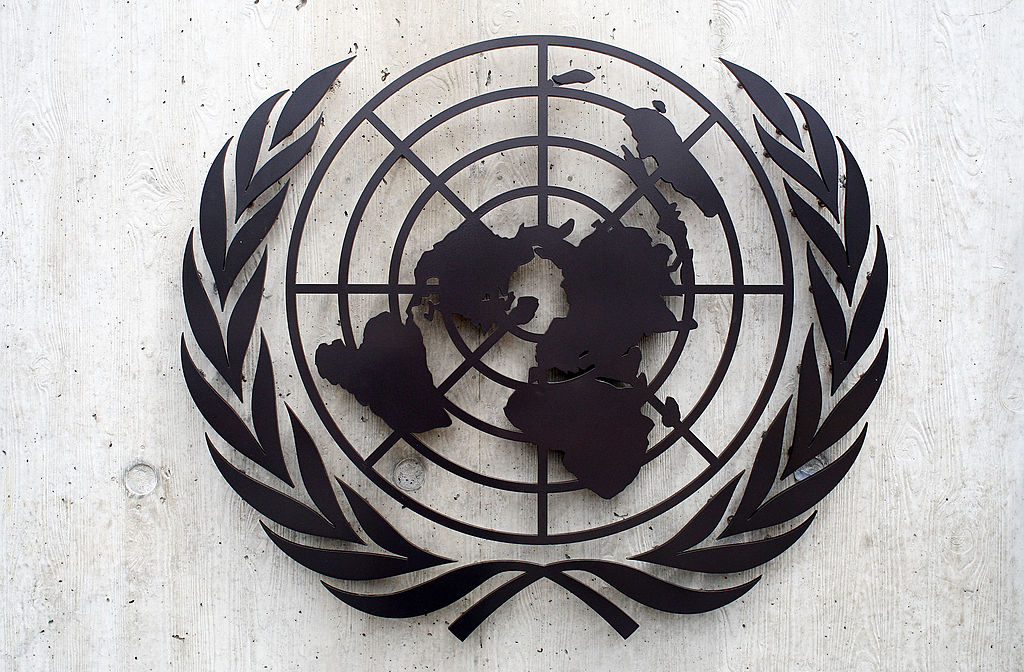
After families of people killed by police asked the organization to investigate racist American policing, 54 African nations called for a debate on the treatment of Black Americans. The debate will happen today.
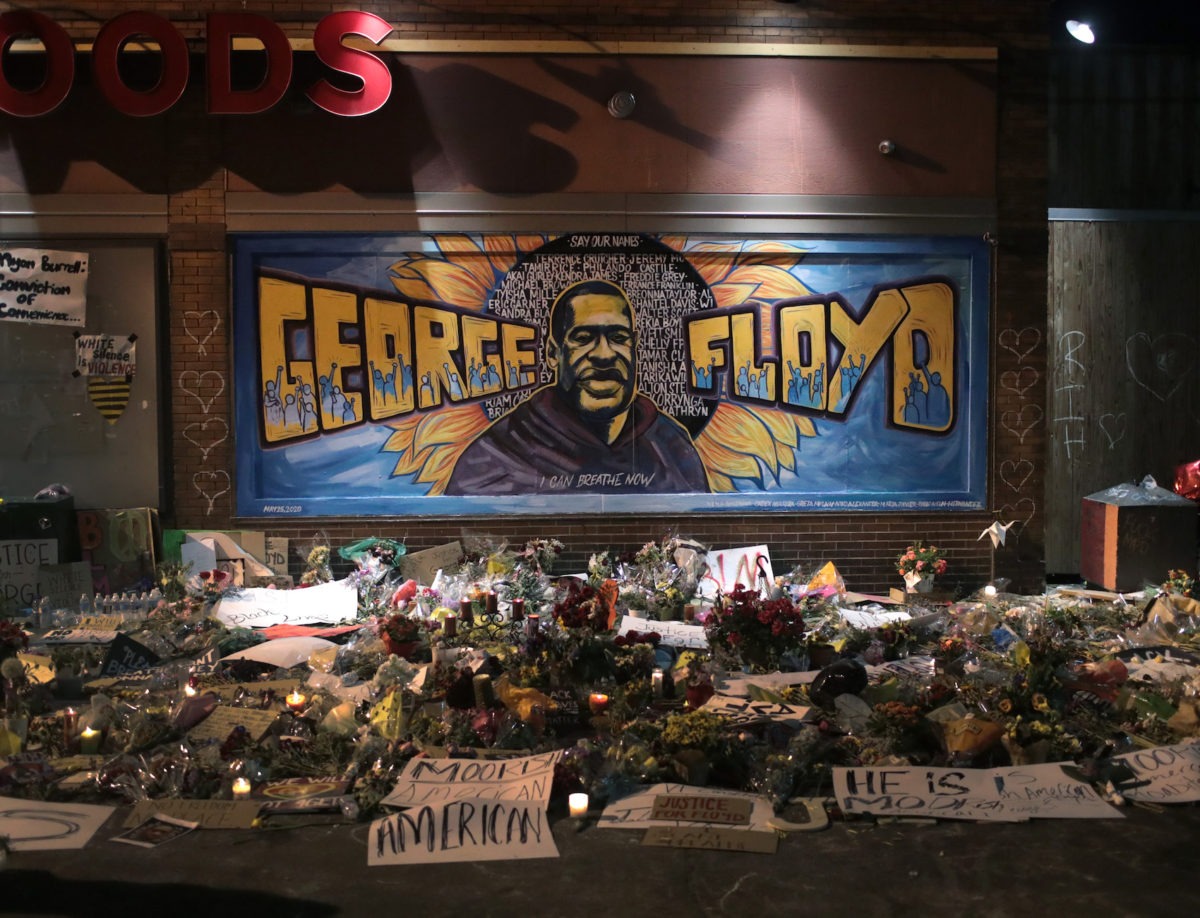
The killing of George Floyd demonstrates that incremental police reforms are insufficient in the absence of a comprehensive plan to transform law enforcement and its stated purpose.
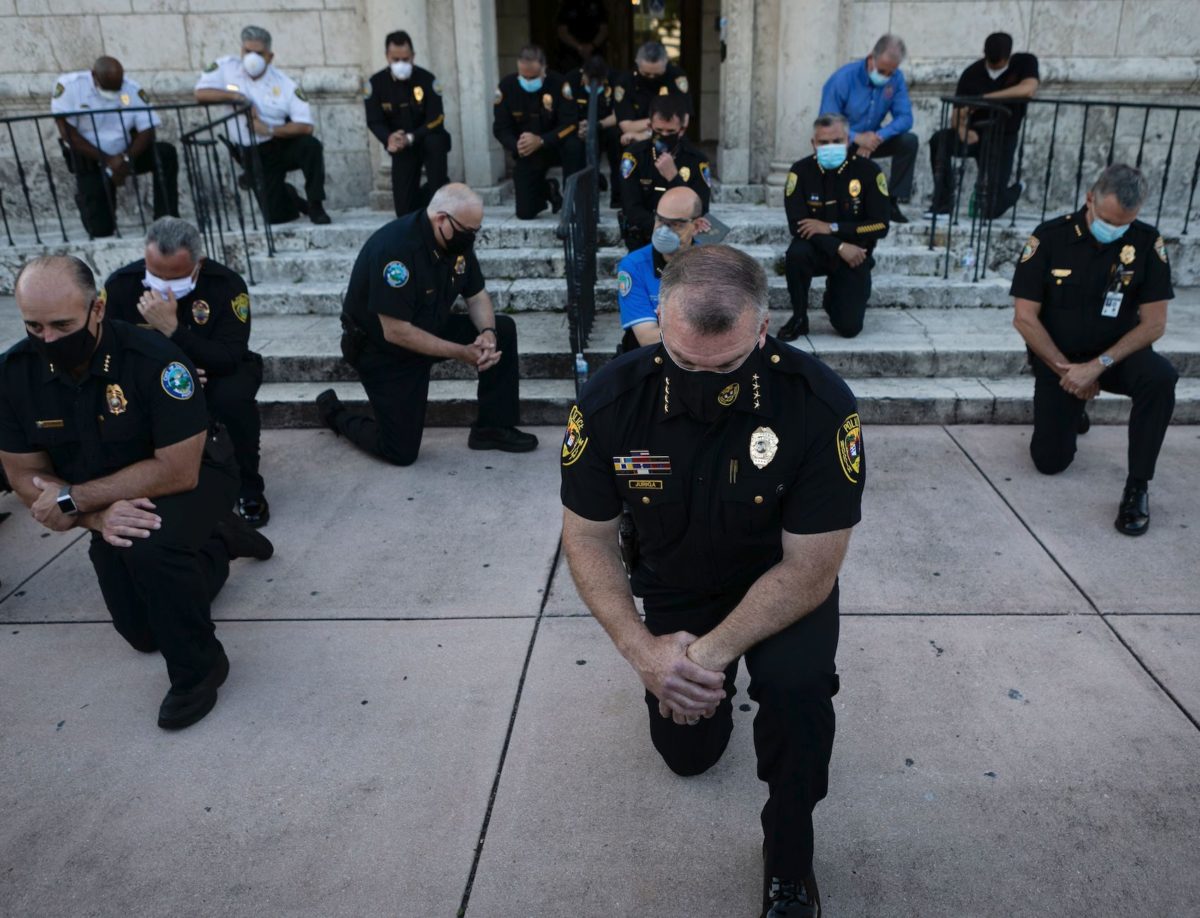
Cops who turn marches against police violence into parades don’t actually want substantial changes to policing.